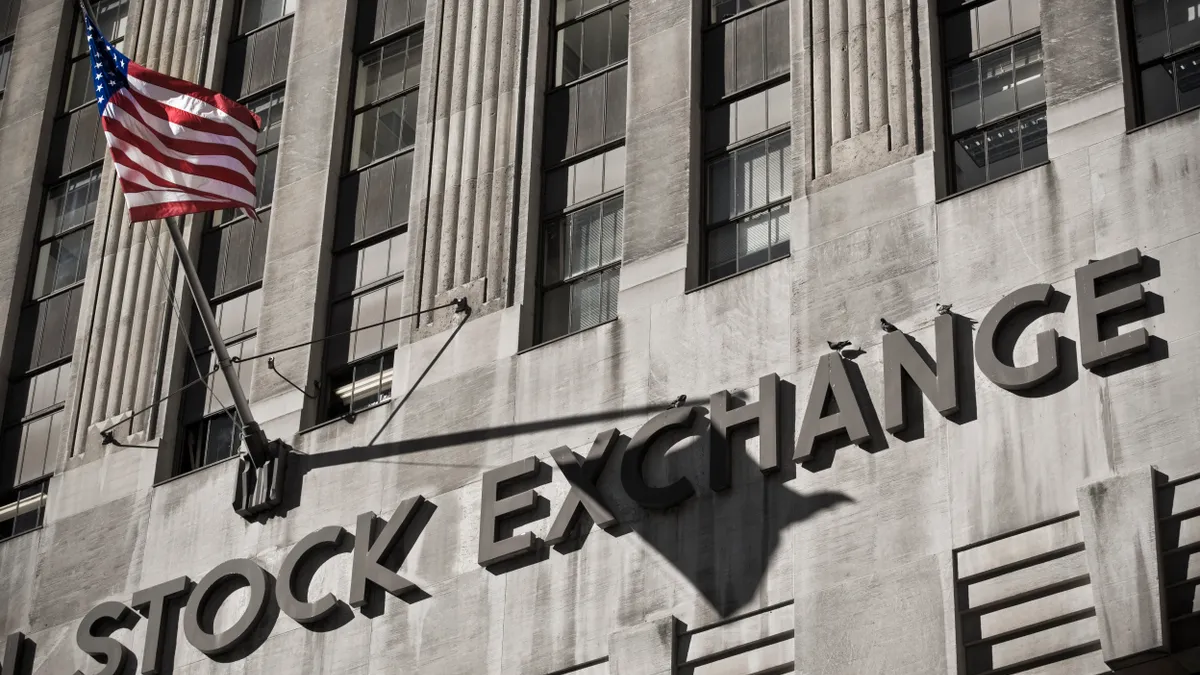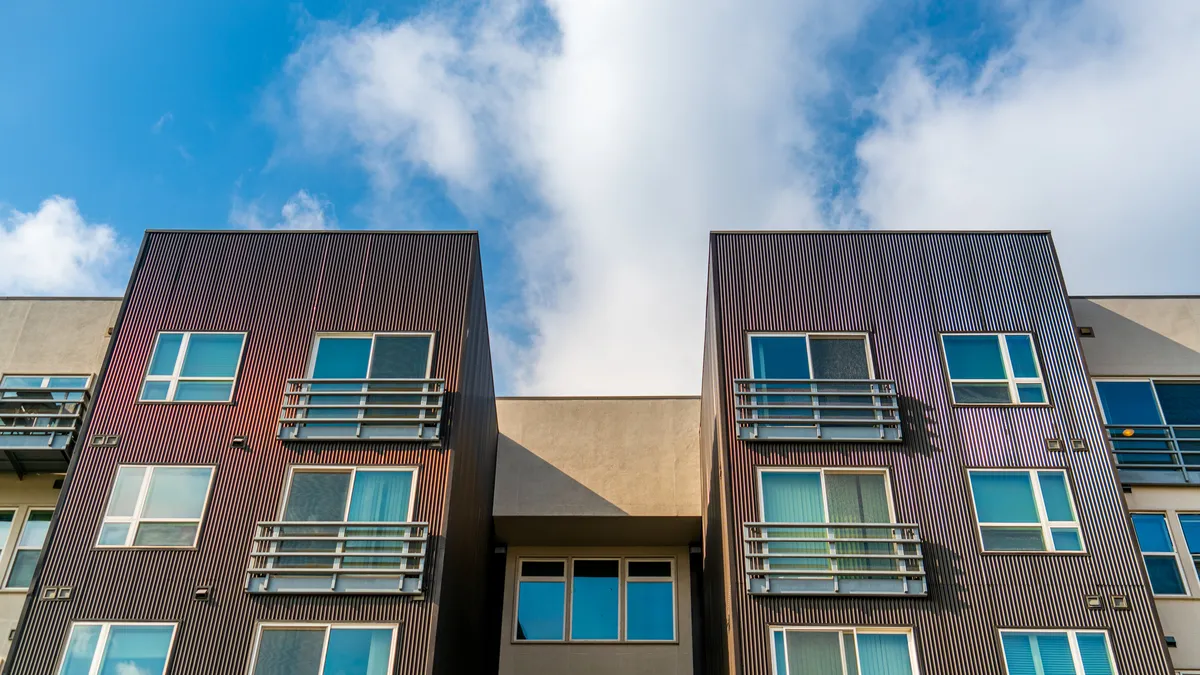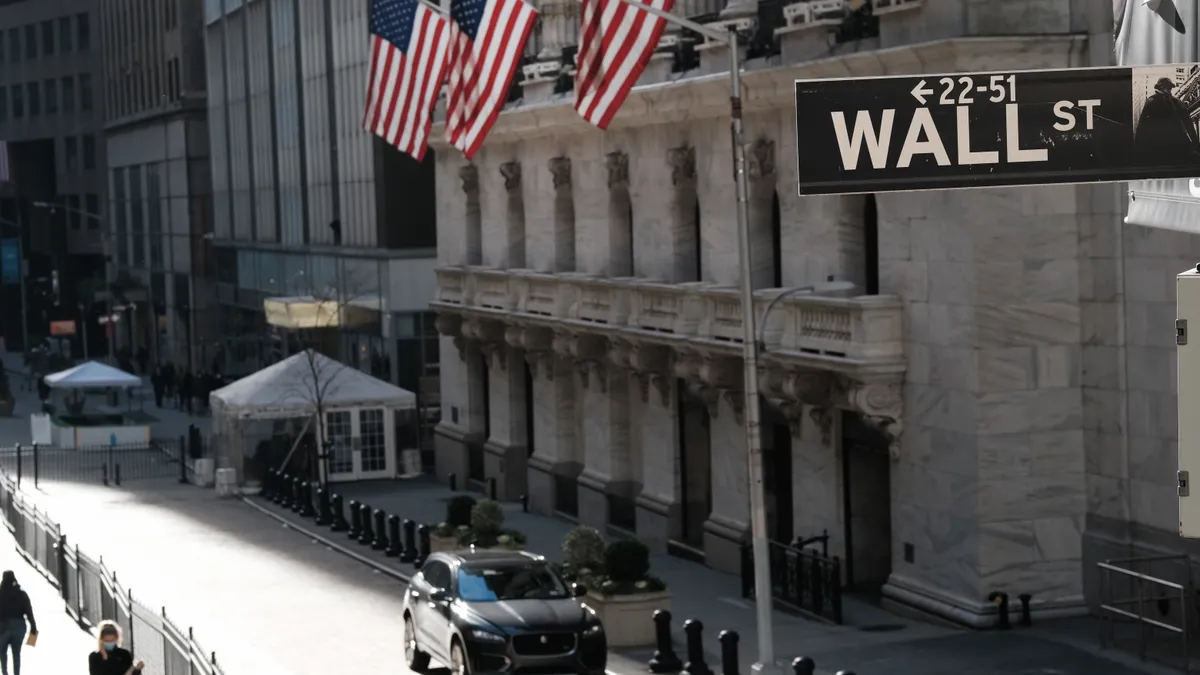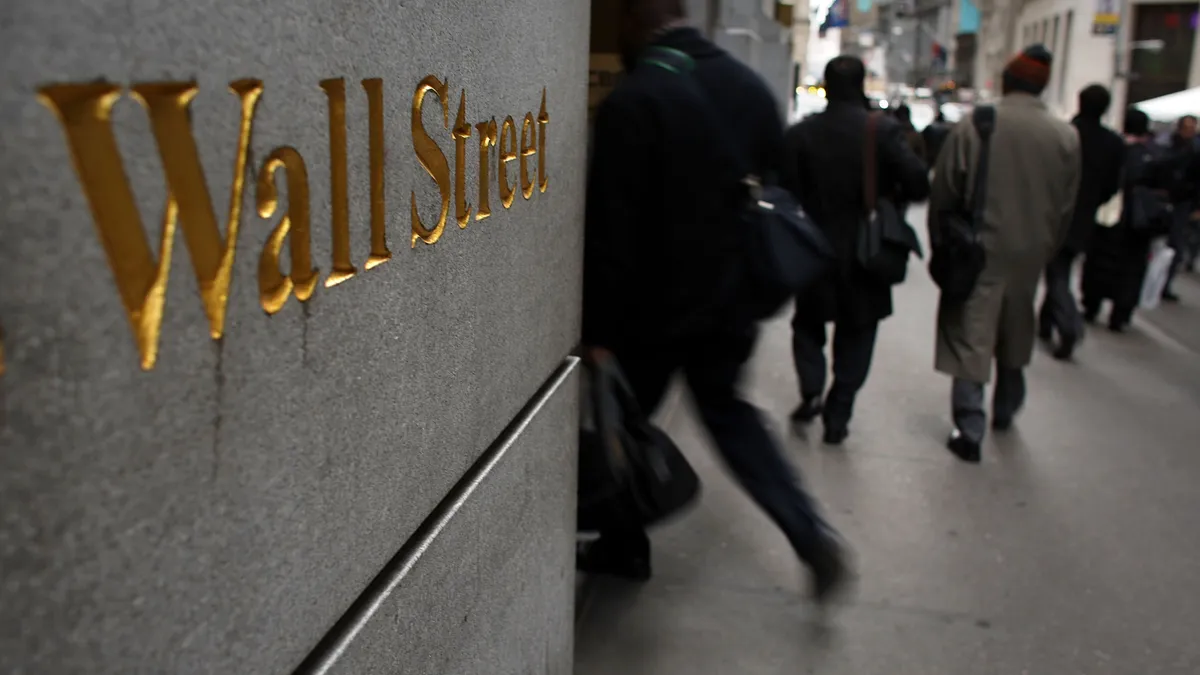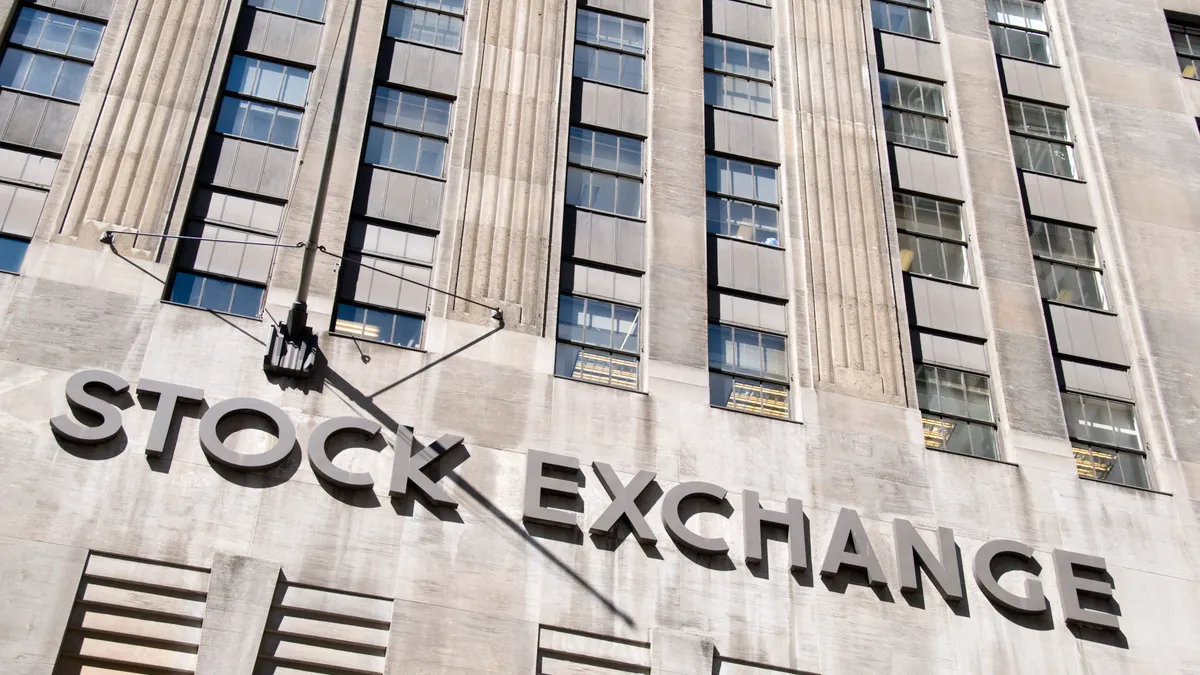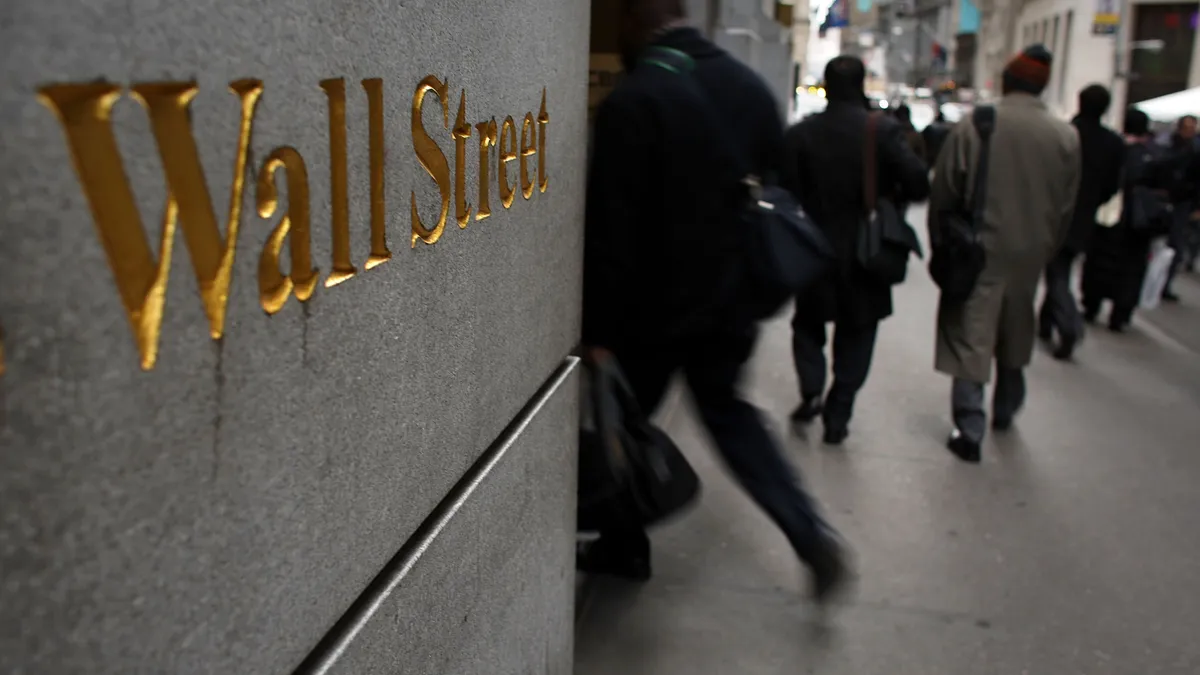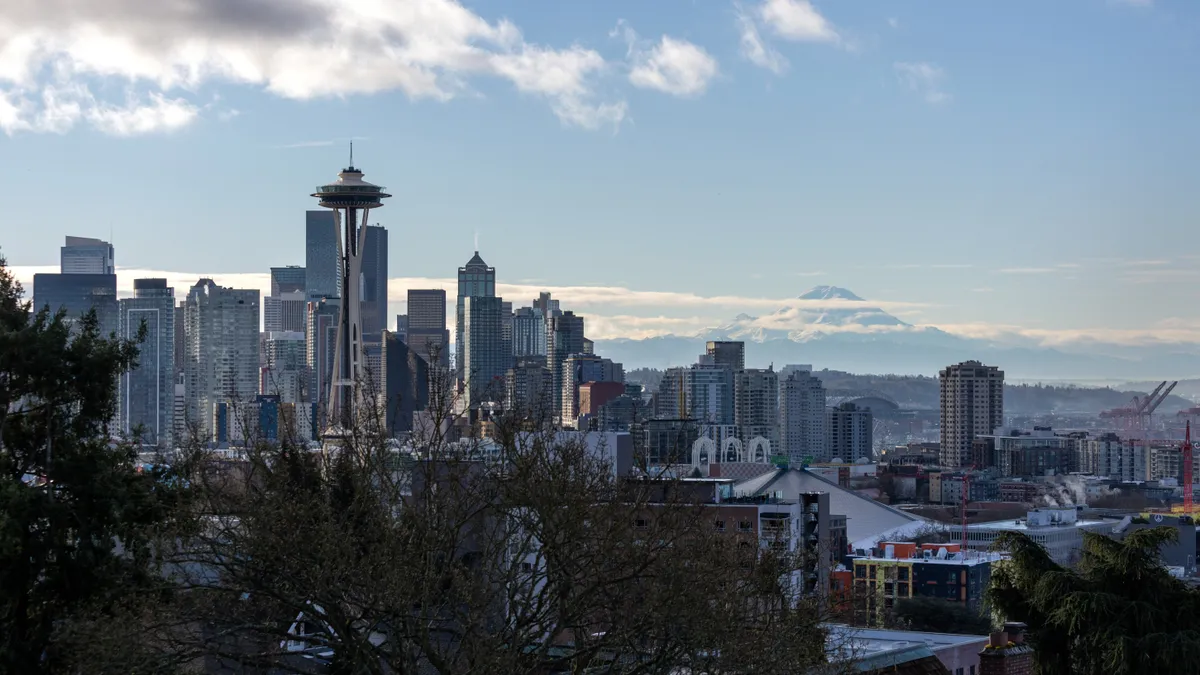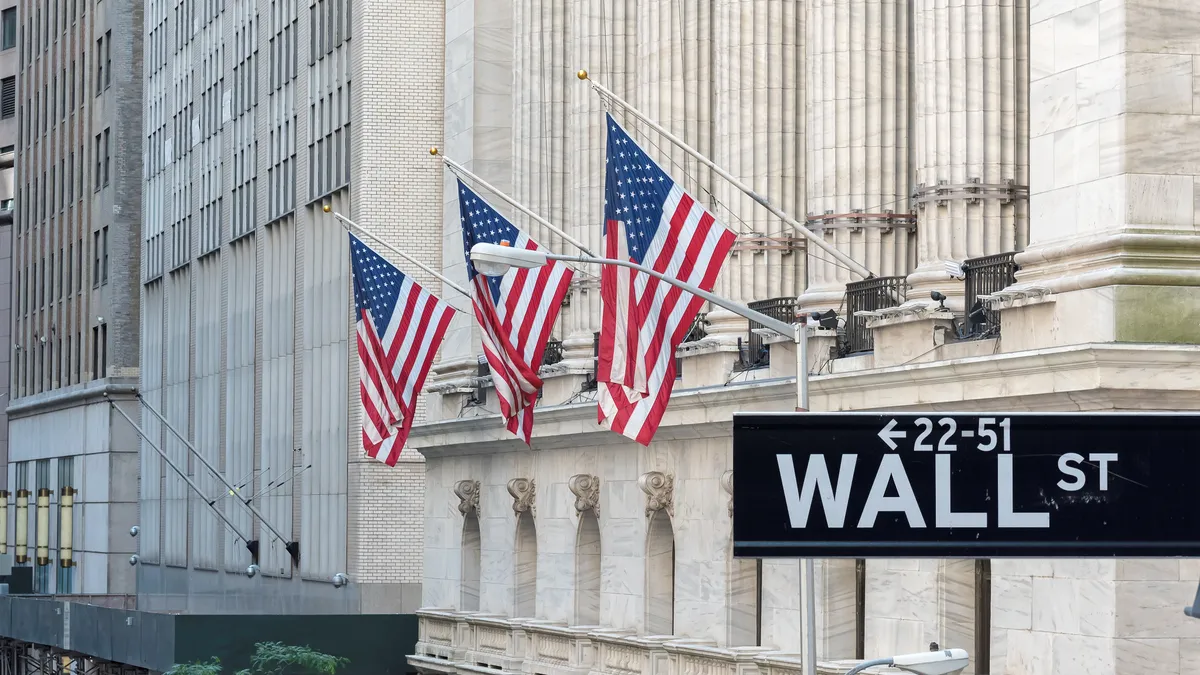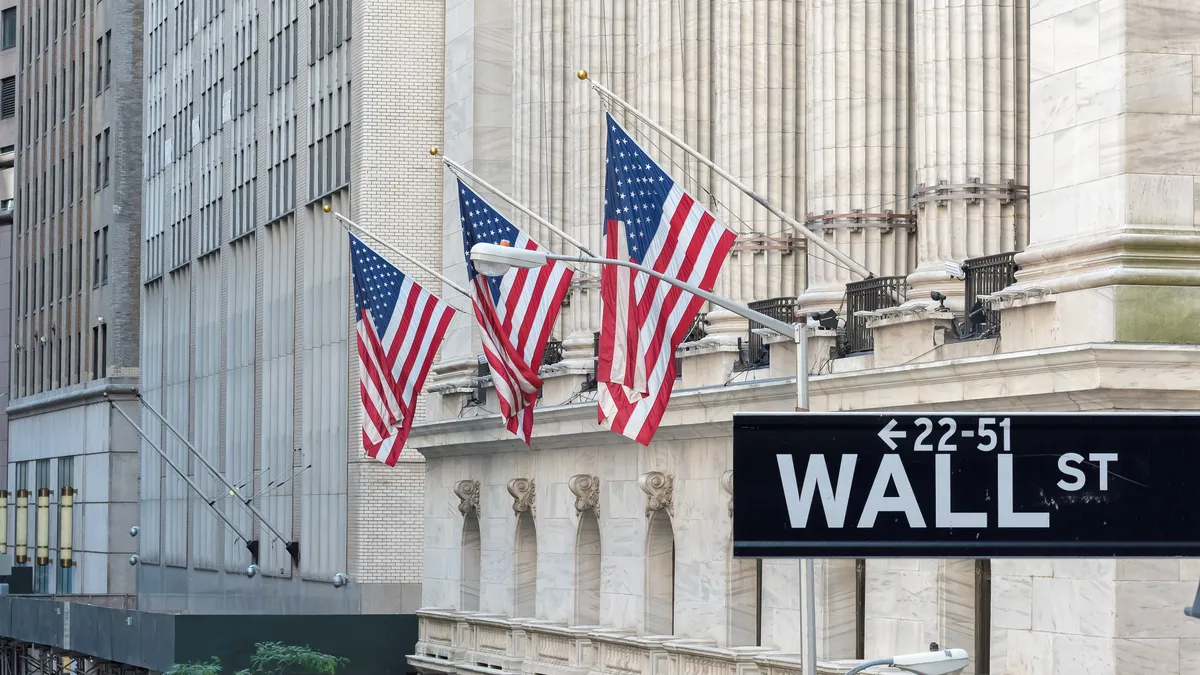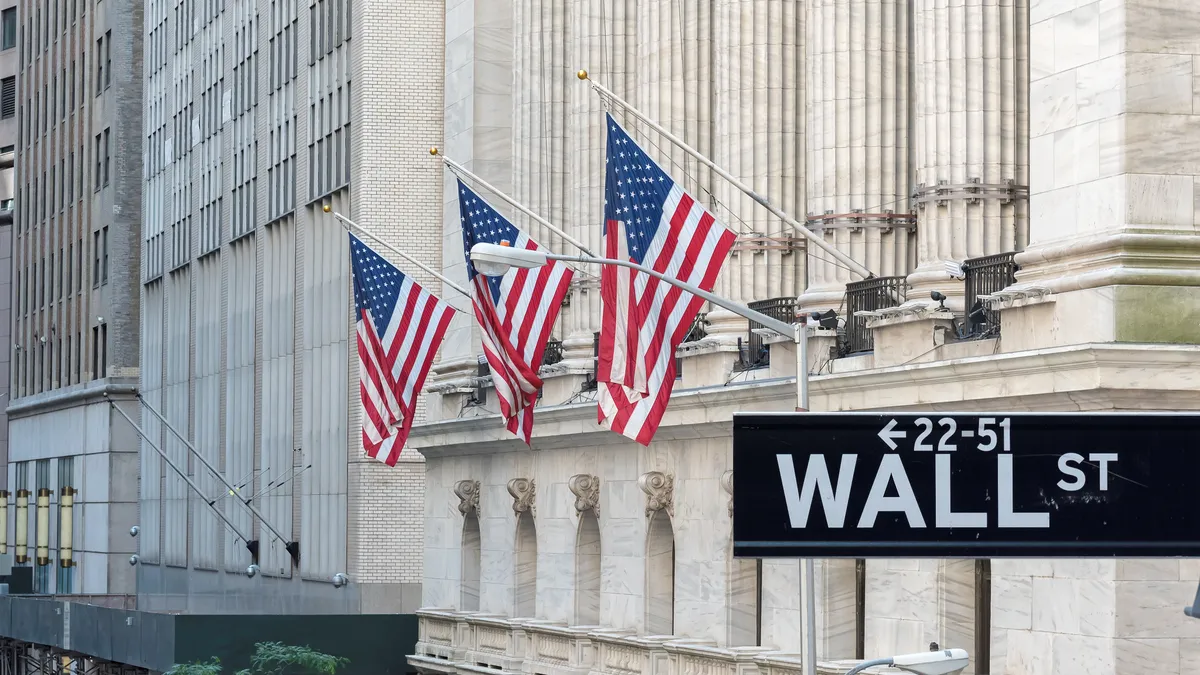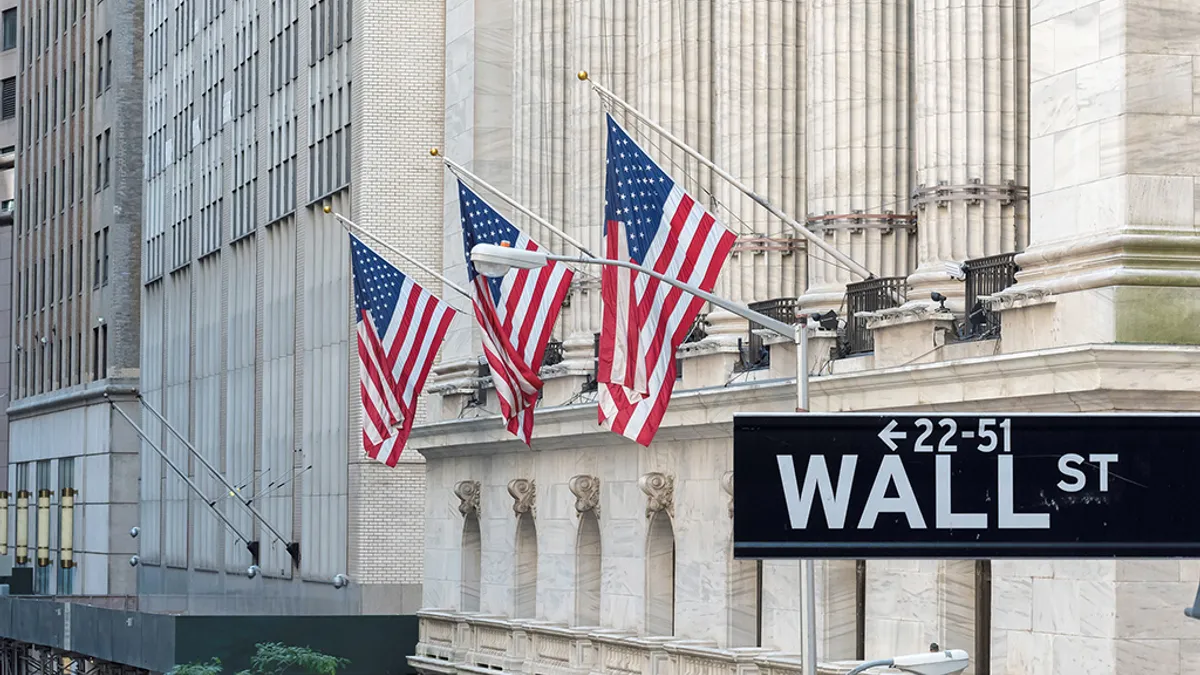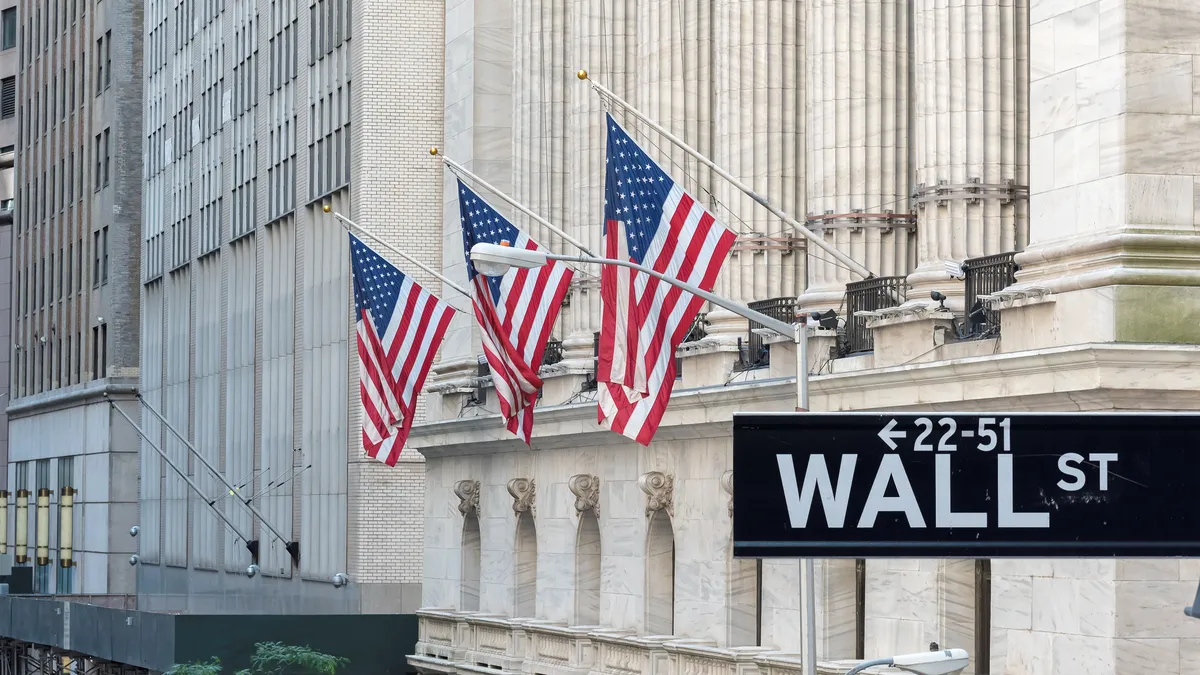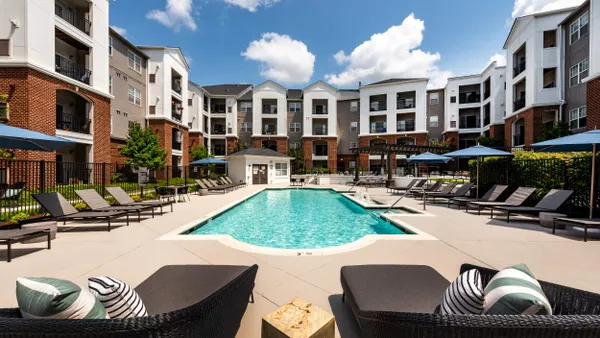Despite a slowing economy, tech layoffs, bank failures and a rocky end of 2022 for the multifamily business, Chicago-based REIT Equity Residential posted a 9.2% increase in property revenues compared to Q1 2022.
“These results were ahead of our expectations, primarily due to continuing improvement in delinquency, along with continued healthy fundamentals in the business,” said Michael Manelis, chief operating officer at EQR, on the Q1 call.
An improving bad debt situation helped drive the performance. Despite COVID-19-related government assistance for renters ending, EQR’s net bad debt improved to 1.6% of revenue in Q1 versus 1.8% in Q4 2022.
Manelis expects a “normal albeit slightly muted seasonal trajectory” with year-to-date pricing improvement of just above 3.25%.
With its new centralized renewal team, EQR is renewing about 55% to 60% of residents at a 5.5% to 6% renewal rent rate increase. Still, the company’s new and blended rents, which combine new leases and renewals, fell 120 and 180 basis points, respectively, from Q4 2022. “While the deceleration is clear, we remind investors that new lease rates are typically weak [often negative] in Q1,” wrote Haendel St. Juste, managing director of REITs for investment bank Mizuho Securities.
Here are three other major takeaways from EQR’s call:
New York posts strong growth
New York and Washington D.C., which is absorbing new supply, are exceeding expectations for EQR, while Boston is in line with expectations.
“New York was by far the top performer for the first quarter with same-store revenue growth of over 19%,” Manelis said. “With very limited and isolated supply, the outperformance in this market is consistent across all submarkets. Occupancy is currently at 97.5%, and all demand indicators continue to flash green, making this market the expected top performer for the year.”
Los Angeles posted 6% same-store revenue growth as eviction moratoriums in the market expired. “While these move-outs are pressuring physical occupancy, they will benefit our financial results later in the year. And we have good demand in the market to replace these residents with new residents that will pay their rent,” Manelis said.
Metro San Francisco and Seattle had quarter-over-quarter revenue growth, but urban centers are facing issues. “Similar to downtown San Francisco, downtown Seattle lacks pricing power with concessions being used on over 70% of our applications,” Manelis said.
EQR is also looking to bulk up in its expansion markets, like Denver; Dallas; Austin, Texas; and Atlanta, which currently make up a little less than 5% of its NOI. So far, revenue performance in those markets has mostly been in line with its expectations, according to Manelis. “As expected, we are being impacted by having new supply in Austin, Dallas and Denver,” he said. “Meanwhile, Atlanta remains strong with double-digit revenue growth for the quarter.”
California storms push expense costs
EQR posted a 7.2% increase in same-store expenses in Q1, driven by repair costs from the severe California rainstorms and by legal and administrative expenses, which were related to the expiration of eviction moratoriums.
“Elevated repairs and maintenance [costs] was in large part due to increased outsourcing in the quarter, much of which stemmed from our own internal teams in California and focusing on the after-effects of the severe rainstorms, which resulted in incremental outside vendor assistance,” Manelis said.
BY THE NUMBERS
| Category | Q1 | YOY Change |
| Property revenues | $656.5 million | 9.2% |
| Net operating income | $436.4 million | 10.2% |
| Operating expenses | $220.1 million | 7.2% |
| Funds from operations | $0.85 | 10.4% |
| Rent per unit | $2,968 | 9.8% |
| Occupancy rate | 95.9% | 10 bps |
SOURCE: EQR
EQR also incurred double-digit increases in utilities, insurance, and advertising, according to St. Juste. On the earnings call, CEO Mark Parrell also indicated that a small part of the company’s increase in litigation reserves was related to the RealPage suits.
“There's no significant amount of RealPage-related costs in there,” Parrell said. “They are in there, but it's relatively small. The reason for that is that the case is in its early stages, and you should think about that going on for a longer period of time. They aren't resolved in weeks or months. It's more like years. Again, we feel very strongly about our position. We think the claims are without merit, and we're going to defend ourselves.”
Buying opportunities could resume
Coming into the year, EQR had no transactions in its guidance. However, the REIT sold a portfolio of seven properties, totaling 247 units, in Los Angeles for $135 million. It also bought a newly developed 262-unit property in Atlanta.
Mounting supply in the Sun Belt and Denver markets could give the REIT an opportunity to make purchases in its growth markets.
“Some of the [supply] numbers in some of the markets in which we're interested, like Denver and Austin, are really large,” Parrell said. “And that's a terrific opportunity for us to buy and sell some of these assets where we're over-allocated in some of the coastal markets. I think that's going to be an attractive play for us.”
Click here to sign up to receive multifamily and apartment news like this article in your inbox every weekday.



